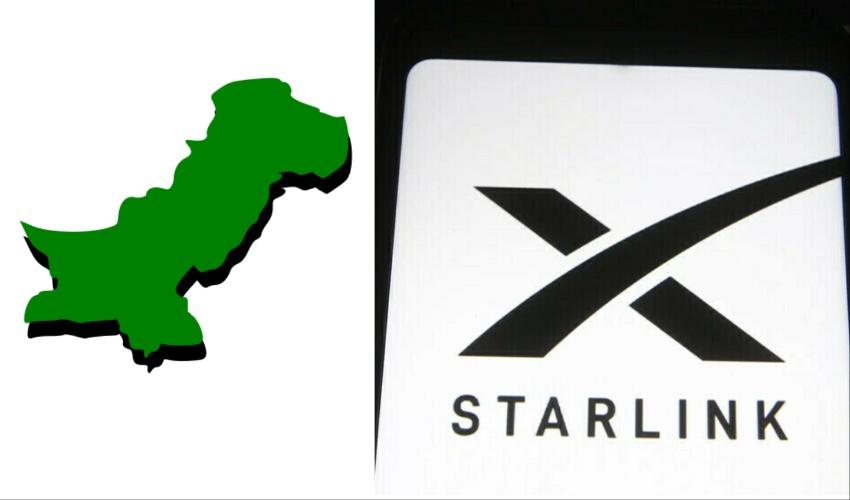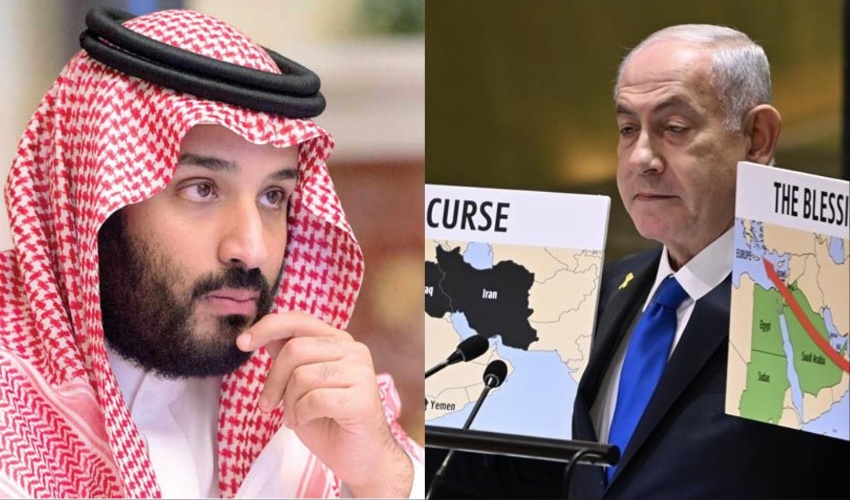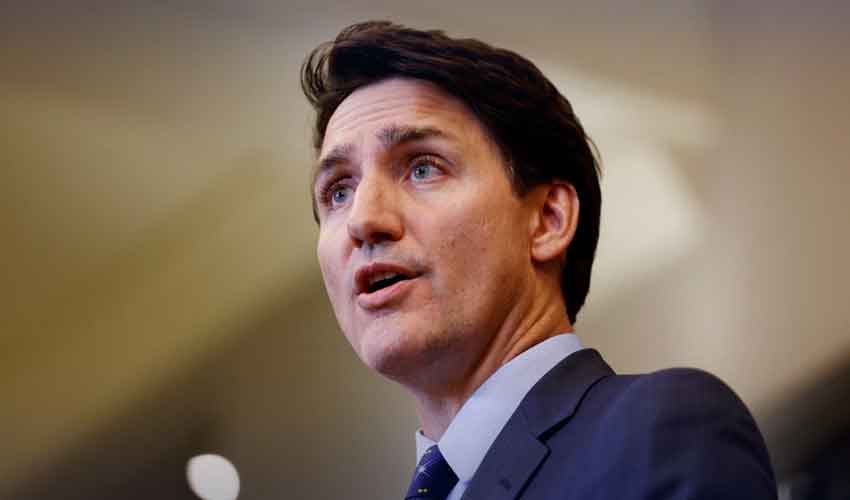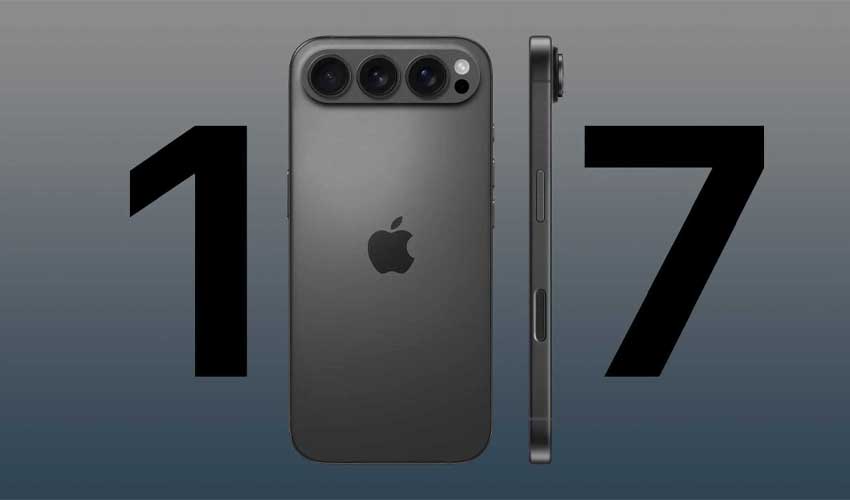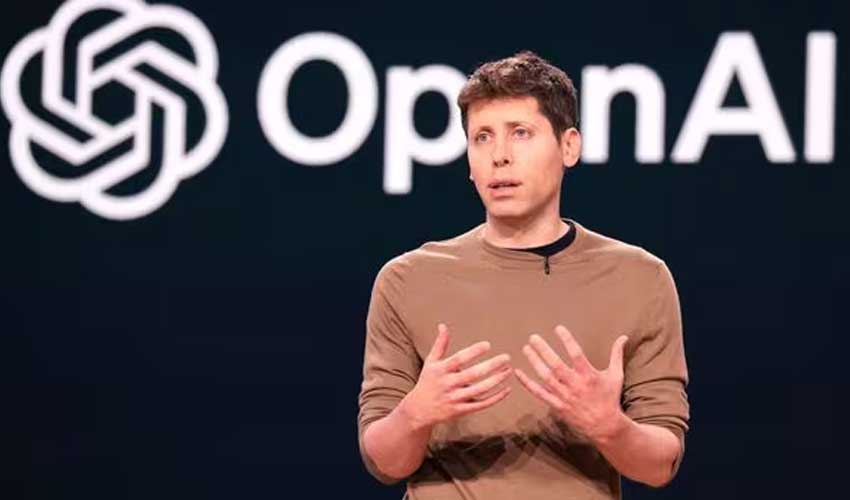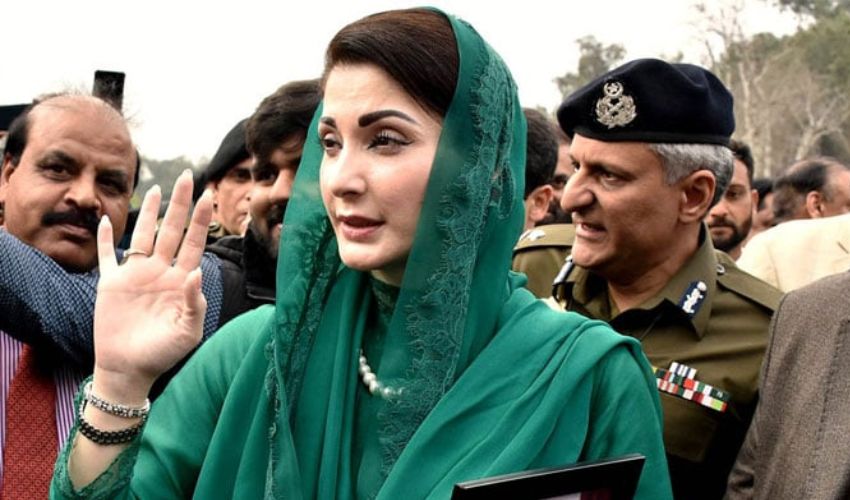The White House on Monday staunchly defended President Joe Biden's decision to issue an unconditional pardon to his son Hunter Biden, dismissing mounting criticism from both Republicans and Democrats.
The move, which Biden said was motivated by a belief that Hunter had been unfairly targeted for political reasons, has ignited debate over the impartiality of the U.S. justice system and the ethics of presidential clemency.
White House Press Secretary Karine Jean-Pierre addressed reporters, asserting that Hunter Biden's prosecution for tax and firearms offenses was "infected with politics."
She acknowledged the president’s earlier commitment not to pardon his son but emphasized Biden’s belief that political adversaries had weaponized the legal process. “The president does believe in the Department of Justice, but he also believes his son was singled out politically,” Jean-Pierre said.
Hunter Biden, who has been sober for more than five years, faced charges for making false statements during a gun background check and failing to pay $1.4 million in taxes. His sentencing was scheduled for December before Judge Mark C. Scarsi, a Trump appointee, following a jury’s conviction in June.
President Biden’s decision to pardon Hunter covers all potential offences between 2014 and 2024, including the tax and gun charges. Republicans swiftly condemned the move, with many labelling it an abuse of power and a blow to the credibility of the justice system. Former President-elect Donald Trump criticized the pardon as hypocritical, referencing Biden’s previous stance on not interfering with his son’s legal matters.
The backlash wasn’t limited to Republicans. Several Democrats expressed unease, warning that the pardon could undermine public trust in the rule of law—a principle Democrats have long used to critique Trump’s administration. Others pointed to past pardons by presidents such as Bill Clinton and Trump, suggesting Biden’s actions were not unprecedented.
Biden’s justification
Biden, whose presidency ends on January 20, defended his decision in an emotional statement on Sunday. He argued that Hunter had been selectively prosecuted due to his family ties. “No reasonable person who looks at the facts of Hunter’s cases can reach any other conclusion than Hunter was singled out only because he is my son—and that is wrong,” Biden said. He emphasized that Republicans had exploited his son’s struggles to damage his presidency and derail his re-election bid.
The pardon was a sharp reversal from Biden’s public stance earlier this year when he unequivocally ruled out clemency for his son. Jean-Pierre declined to elaborate on what prompted the change in position but underscored the emotional toll of the situation on the Biden family.
The decision to pardon Hunter adds to a history of presidents granting clemency to family members and close associates. In 2001, Bill Clinton pardoned his half-brother Roger Clinton Jr., who had served time for drug-related charges. Similarly, Trump pardoned Charles Kushner, the father of his son-in-law Jared Kushner, who was convicted of tax evasion and witness tampering.
Hunter Biden expressed gratitude for the pardon, acknowledging his past mistakes and vowing to dedicate his life to helping others in recovery. “I will never take the clemency I have been given today for granted,” he said in a statement.
Biden’s pardon comes against the backdrop of heightened scrutiny of the U.S. justice system’s independence. The controversy has intensified fears that incoming President-elect Donald Trump will use federal law enforcement to target political opponents. The move also raises questions about the implications of presidential power in deeply polarized times, with Biden balancing his roles as a father and a leader.







